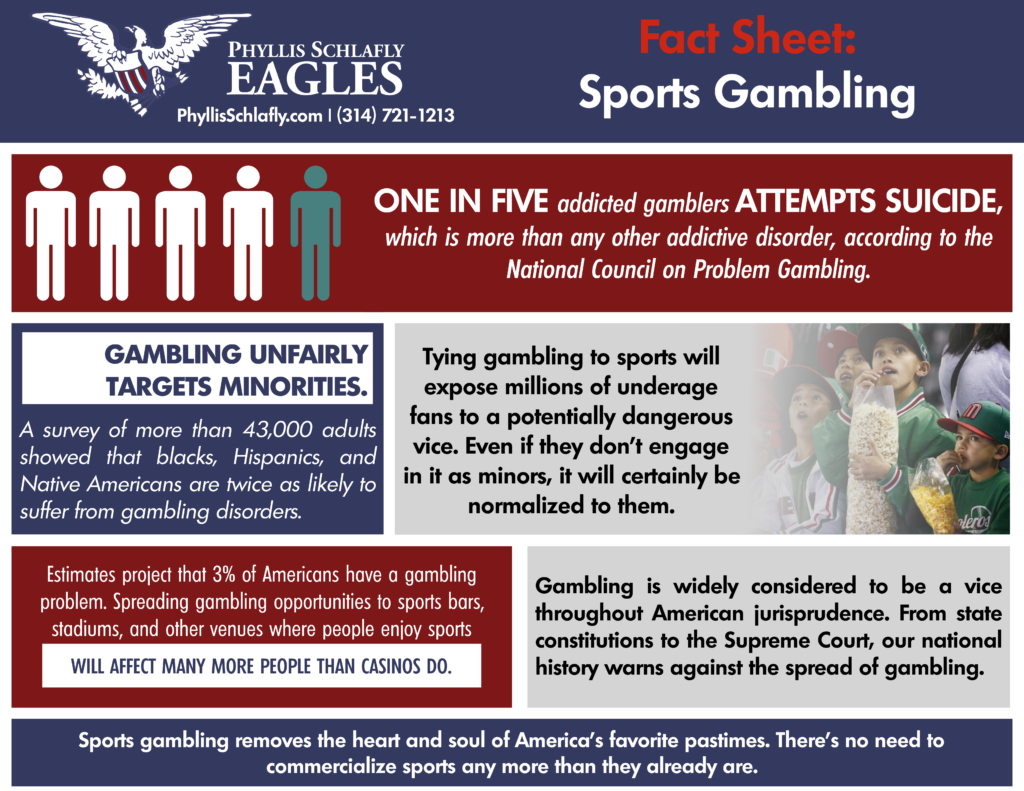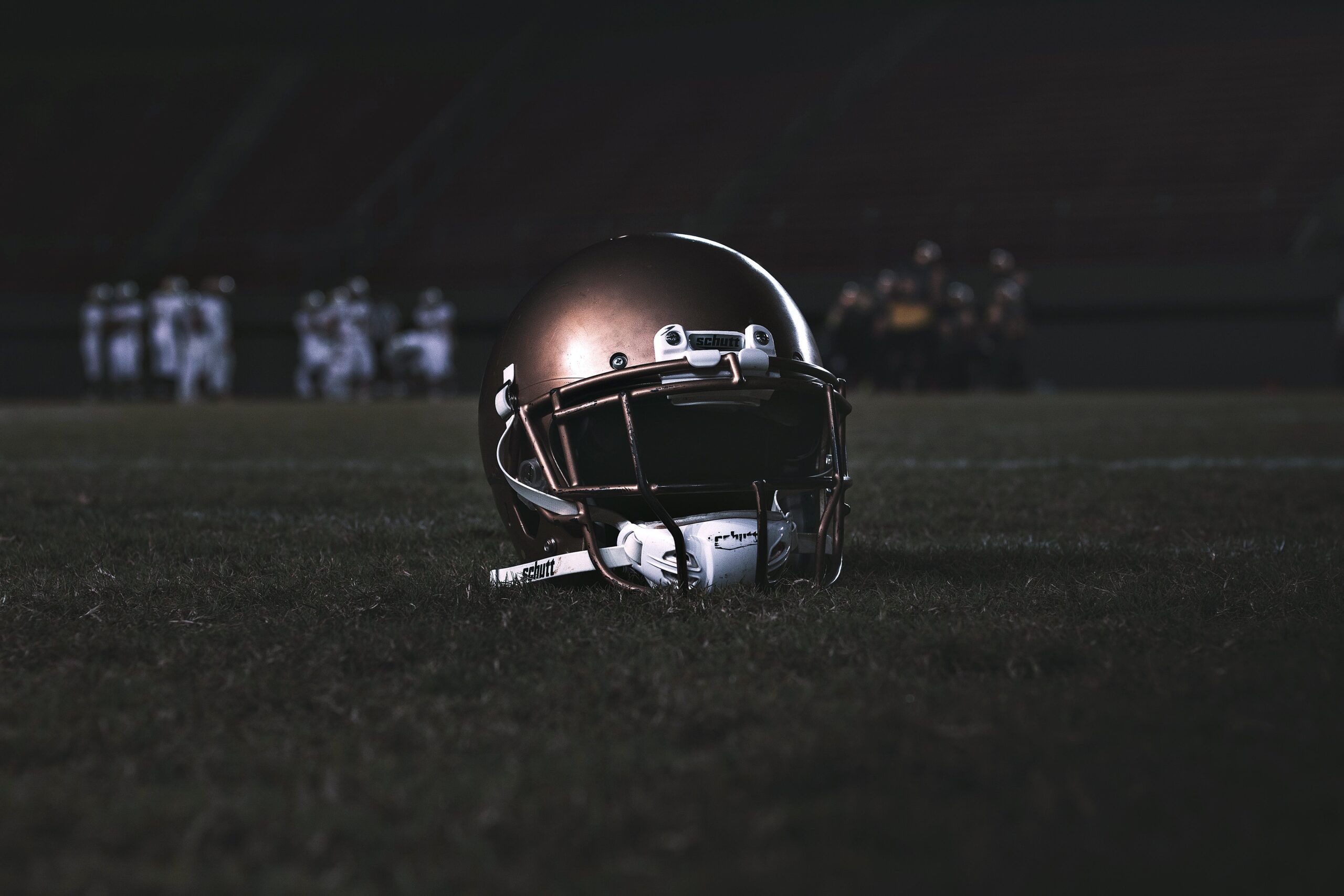Featured Photo by Lucas Andrade.
A small initial bet then goes into an internet surveillance system that exploits this information to target the bettor with a barrage of ads enticing him to gamble further. This is a gold mine for the online gambling companies, led by FanDuels and DraftKings, both of which aired expensive Super Bowl ads this year, as did BetMGM.
Sports gambling took center stage with the Super Bowl being televised from Las Vegas this year. Apps available on everyone’s phones made betting during the game more accessible and convenient than ever before.
Calls to gambling addiction hotlines have spiked in the 38 states where sports betting has been legalized. When Ohio authorized sports gambling last year, calls to the state’s gamblers’ hotline tripled in the very first month.
The New York Times recently quoted the former Senator Bill Bradley (D-NJ), who sponsored a federal ban on sports gambling as a retired professional basketball star. Some pretend that sports gambling “can now be controlled,” he said, “and I just don’t think it will be controlled. I think it will pervade the culture.”
The U.S. Supreme Court regrettably struck down Bradley’s federal ban on sports gambling in Murphy v. NCAA (2018), and all but 12 states have since legalized betting on these games. Gambling addiction has risen to an all-time high.
An employee of one NFL team, the Jacksonville Jaguars, stole $22 million from the team in order to lose virtually all of it on sports gambling. The team is attempting to recover that stolen money from the online gambling companies, but they refuse.
A federal district court in New Jersey dismissed a lawsuit by another victim of gambling, declaring that casinos have no legal duty to stop taking bets by a compulsive gambler. New Jersey’s Consumer Fraud Act is supposed to shield against unconscionable acts by companies, yet gamblers are not protected.
It’s time for us to take responsibility and delete these gambling apps from our phones.
Printable One Pager on Sports Gambling:







